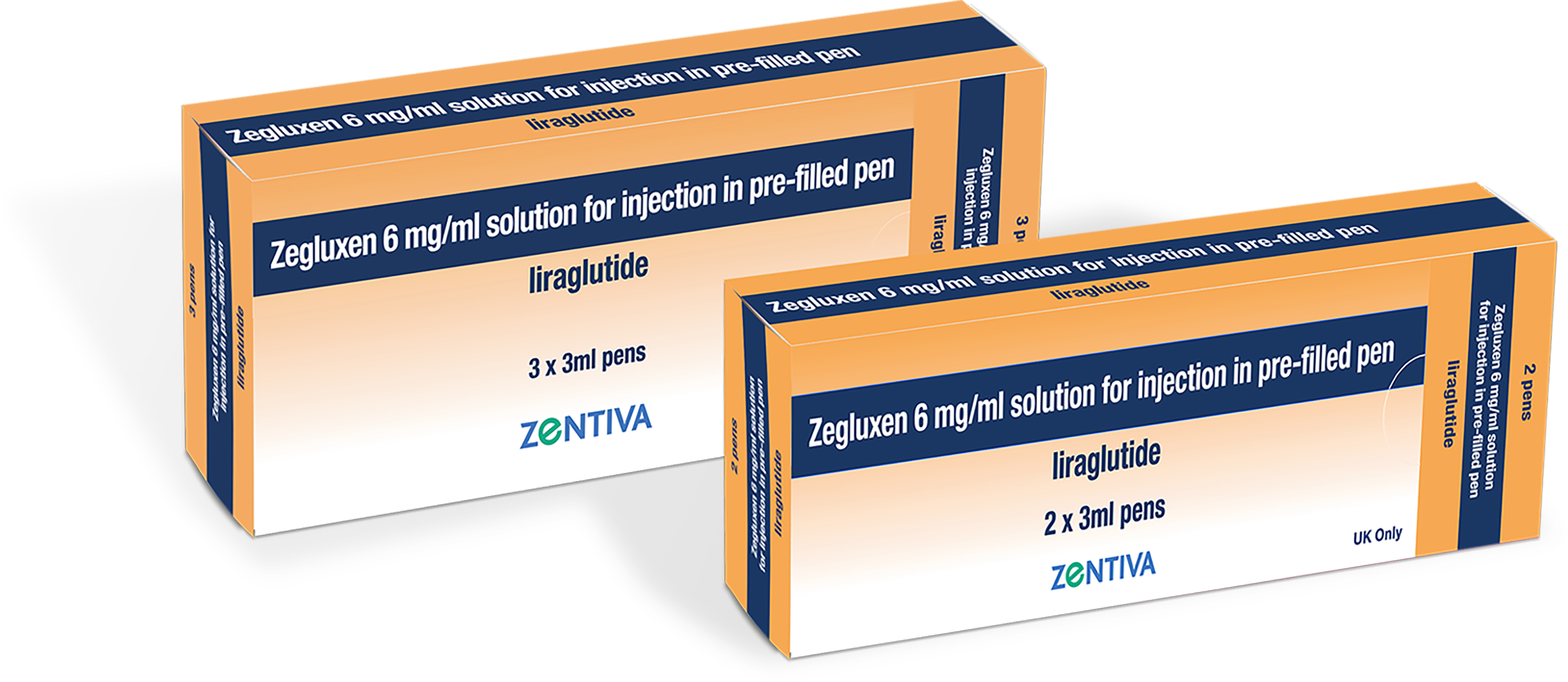Special populations
Advice and pharmacokinetic findings of liraglutide in diverse populations; for example, the elderly, children, pregnant woman and those with renal impairment1

Advice and pharmacokinetic findings of liraglutide in diverse populations; for example, the elderly, children, pregnant woman and those with renal impairment1
Elderly patients
Age had no clinically relevant effect on the pharmacokinetics of liraglutide based on the results from a pharmacokinetic study in healthy subjects and population pharmacokinetic data analysis of patients (18 to 80 years). Therefore, no dose adjustment is required based on age.1
Gender
Gender had no clinically meaningful effect on the pharmacokinetics of liraglutide based on the results of population pharmacokinetic data analysis of male and female patients and a pharmacokinetic study in healthy subjects. As such, no dose adjustment is required based on gender.1
Paediatric population
Pharmacokinetic properties of liraglutide were assessed in clinical studies in the paediatric population with type 2 diabetes aged 10 years and above. The liraglutide exposure in adolescents and children was comparable to that observed in the adult population. No dose adjustment is required for adolescents and children 10 years and older. No data are available for children below 10 years of age and its use is not recommended.1
Ethnic origin
Ethnic origin had no clinically relevant effect on the pharmacokinetics of liraglutide based on the results of population pharmacokinetic analysis which included patients of White, Black, Asian and Hispanic groups. No dose adjustment based on ethnic origin is required.1
Obesity
Population pharmacokinetic analysis suggests that body mass index (BMI) has no significant effect on the pharmacokinetics of liraglutide, therefore no dose adjustment is required.1
Renal impairment
No dose adjustment is required for patients with mild, moderate or severe renal impairment. There is no therapeutic experience in patients with end-stage renal disease, and liraglutide is therefore not recommended for use in these patients. For further information, please see SmPC section 5.2.1
Hepatic impairment
No dose adjustment is recommended for patients with mild or moderate hepatic impairment. Liraglutide is not recommended for use in patients with severe hepatic impairment.1
Pregnancy
There are no adequate data from the use of liraglutide in pregnant women. Studies in animals have shown reproductive toxicity (see SmPC section 5.3). The potential risk for humans is unknown. Liraglutide should not be used during pregnancy, and the use of insulin is recommended instead. If a patient wishes to become pregnant, or pregnancy occurs, treatment with Liraglutide should be discontinued.1
Breast-feeding
It is not known whether liraglutide is excreted in human milk. Animal studies have shown that the transfer of liraglutide and metabolites of close structural relationship into milk is low. Non-clinical studies have shown a treatment-related reduction of neonatal growth in suckling rat pups (see SmPC section 5.3). Because of lack of experience, liraglutide should not be used during breast-feeding.1

Fertility
Apart from a slight decrease in the number of live implants, animal studies did not indicate harmful effects with respect to fertility (See SmPC section 5.3).1

1. Zegluxen® (liraglutide) Summary of Product Characteristics.
000697564 | December 2024


